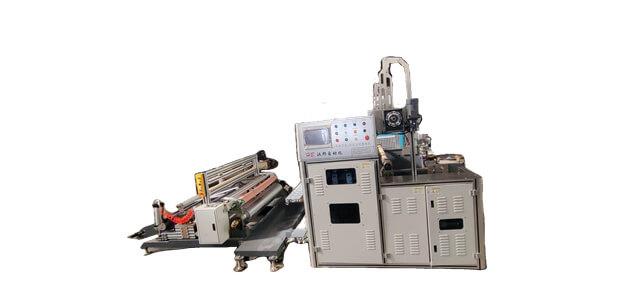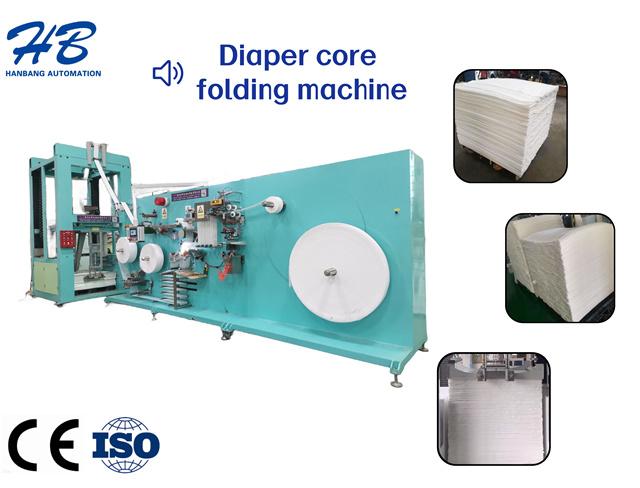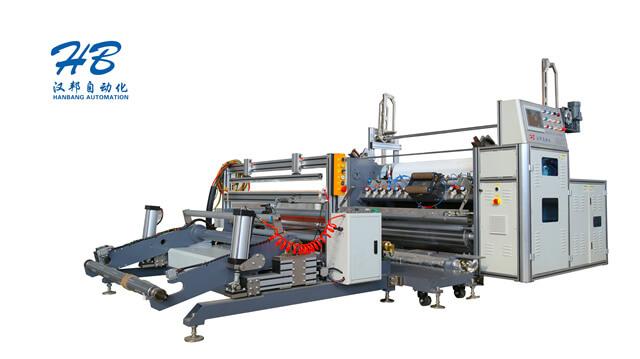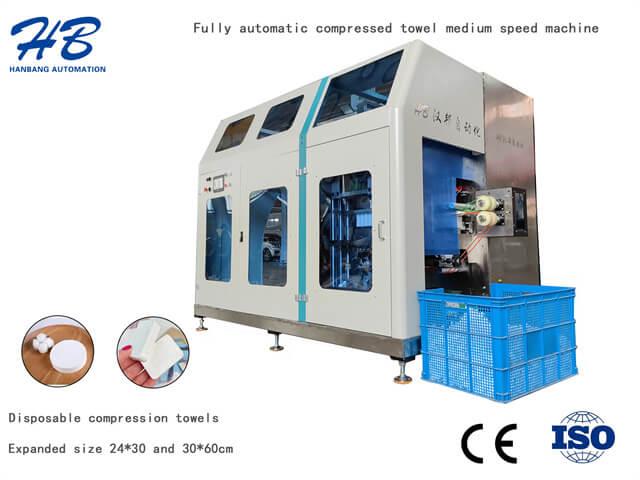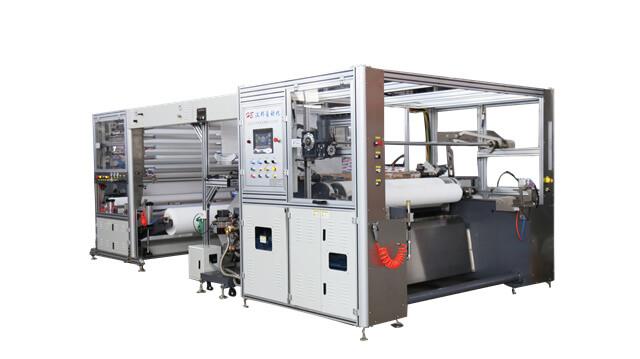Author:HB Nonwoven MachineryFROM:Compressed Towel Machine Manufacturer TIME:2023-12-19
Operating a Non Woven Embossing Machine in the Diaper and Sanitary Napkin Industry
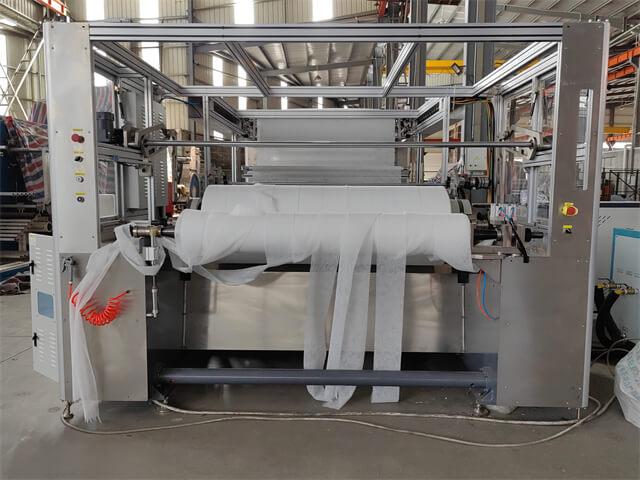
In the diaper and sanitary napkin industry, the use of non-woven embossing machines has become increasingly prevalent. These machines play a critical role in producing high-quality products by creating patterns on non-woven materials, such as those used in diapers and sanitary napkins. This article will provide an overview of operating a non-woven embossing machine, highlighting its importance and key considerations.
The non-woven embossing machine is a specialized equipment designed for creating patterns or designs on non-woven materials. It consists of a roller system and heating elements that apply pressure and heat to imprint patterns onto the material. Operators must understand the machine's components, functions, and operation principles to ensure optimal performance.
Prior to operating the non-woven embossing machine, it is crucial to prepare it adequately. This involves checking the machine's condition, ensuring all necessary tools and materials are available, and making any adjustments or repairs if needed. It is also essential to follow safety protocols and wear appropriate protective gear.
The non-woven material used in diaper and sanitary napkin production needs to be properly set up on the embossing machine. This involves aligning the material with the rollers and securing it in place using tension control mechanisms. Operators must ensure the material is evenly distributed and free from any wrinkles or creases that could affect the embossing process.
Each non-woven material may require different embossing parameters to achieve the desired pattern or design. Operators must adjust the speed, pressure, and temperature settings of the machine accordingly. It is crucial to conduct trial runs and make necessary adjustments to ensure o
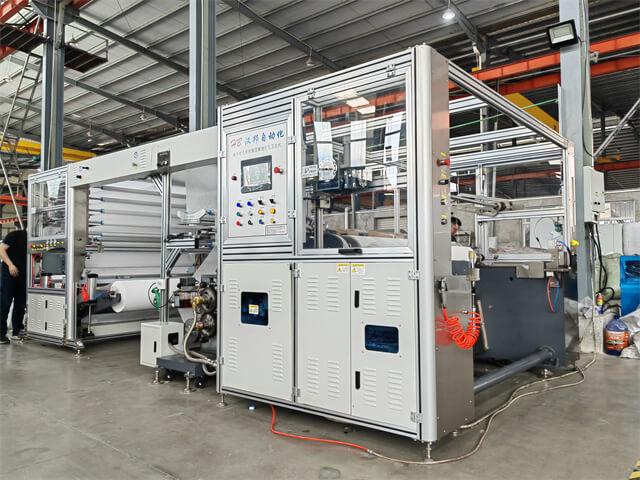
During operation, operators must closely monitor the embossing machine to ensure smooth production. They should regularly inspect the embossed patterns, check for any defects or irregularities, and perform maintenance tasks. Continuous monitoring helps identify issues promptly and allows for immediate corrective actions.
Despite careful operation, issues can arise during the embossing process. Operators should be familiar with common problems, such as uneven embossing, material tearing, or roller damage, and know how to troubleshoot them. This may involve adjusting parameters, cleaning the machine, or replacing faulty parts.
Quality control is critical in the diaper and sanitary napkin industry. Alongside embossing, operators must consistently check the overall produc
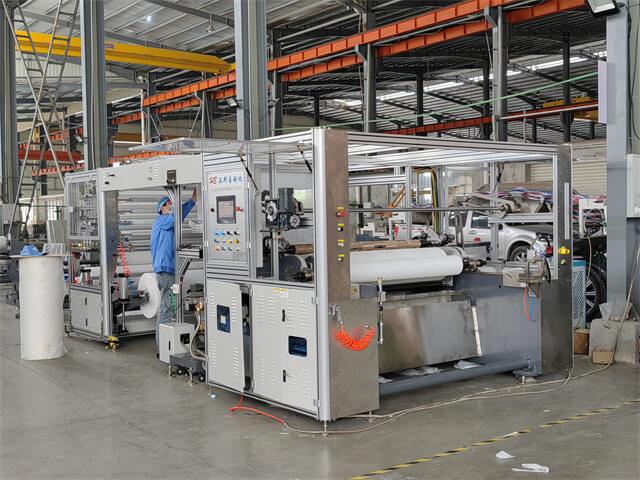
Regular maintenance and cleaning of the non-woven embossing machine are essential for its long-term performance. Operators should follow manufacturer's guidelines for routine maintenance tasks, such as lubricating moving parts, inspecting electrical connections, and replacing worn-out components. Proper cleaning routines ensure the machine remains free from debris, allowing for optimal embossing results.
Operating a non-woven embossing machine is a crucial aspect of the diaper and sanitary napkin industry. By understanding the machine, preparing adequately, and following proper procedures, operators can ensure high-quality and consistent embossing results. Continuous monitoring, troubleshooting, quality control, and regular maintenance are key elements in maintaining successful operations in this industry.
